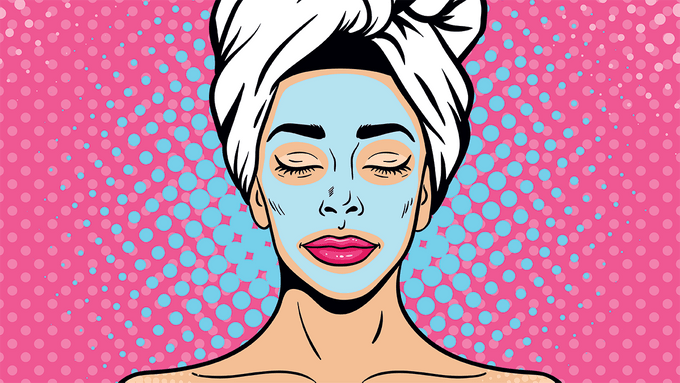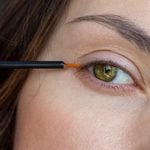Why, As Adult Women, Are We Getting Acne, Pimples And Zits?
What is causing our acne? You’d think as soon as we left high school we’d be past that stage. But, no chance. Here’s why:

We’re full grown women, so we why do we get acne!?
Wrinkles and acne advice: Adult acne can rear its ugly head at any time, even if you were lucky enough to escape adolescent acne. In Western cultures, acne affects up to 95 per cent of adolescents and persists in up to 12 per cent of women and three percent of men. It can be very frustrating – and even devastating for some people.
Pimple triggers for those of us adulting
Hormones, diet and stress play a vital role in exacerbating acne. Other triggers can be linked to your menstrual cycle, excess production of testosterone and even polycystic ovary syndrome in severe or resistant cases.
If you’ve recently stopped taking the birth control pill, you may notice an increase in acne. There are some studies that suggest that milk has a negative impact as well.
One of the key things to remember when treating adult acne is that mature skin is different from adolescent skin.
Adult skin produces less oil, has a slower rate of cellular turnover and may not heal as quickly. Adult acne tends to be chronic and low grade, with closed comedones being the most common type of lesion.
A few papulopustules are usually present as well. In adults, rosacea may present with pustules and be mistaken for adult acne. Other signs and symptoms, such as redness of the skin, should alert the practitioner to consider rosacea in a different diagnosis.
So what’s an adult woman with acne to do?
There is no known cure for acne, but there are many available treatments.
The goal is to control acne and prevent redness, pigmentation and scarring, which may occur if left untreated. There are many over-the-counter (OTC) products, but we always recommend seeing a skincare specialist, who can customize your treatment based on your skin type and severity of acne.
OTC acne products are typically designed for adolescent skin and may inadvertently exacerbate adult acne, particularly if the ingredients cause excessive dryness.
Wrinkles and acne advice
At my practice, my acne advice focuses on a customized skincare regimen paired with in-office treatments, such as facials, chemical peels and/or laser acne treatments.
The home-care products and in-office treatments offer exfoliation and hydration, as well as ways to calm inflammation and reduce sebum production, effectively reducing colonization of the P. acnes bacteria.
The added benefit of exfoliation is an increase in cellular turnover and collagen stimulation, which improves skin tone and texture and prevents further breakouts. Antibiotics are reserved for severe cases that are resistant to treatment or cases that require immediate resolution to reduce the risk of severe scarring.
Skincare products for acne typically contain active ingredients. Benzoyl peroxide has antibacterial, anti-inflammatory and comedolytic properties. It’s a very effective treatment for acne, but it may cause drying of the skin and needs to be used with proper guidance in adults. Sulphur, sulphur combined with resorcinol and alpha hydroxy acids (glycolic and lactic), beta hydroxy acids (salicylic acid), retinol and triclosan are common ingredients found in skincare products and in-office chemical peels.
I also recommend monitoring your dietary intake.
You should minimize sugar consumption to reduce inflammatory influences. Supplements like zinc and multivitamins that contain vitamin A and niacinamide can not only promote inner health but also improve acne. That said, the use of zinc and vitamin A as acne treatments should be carefully monitored.
As for wrinkles, stick with your anti-aging regime and see your dermatologist if you’re not finding that the creams and serums in stores aren’t helping.
Dr. Diane Wong is the founder of Glow Medi Spa.




